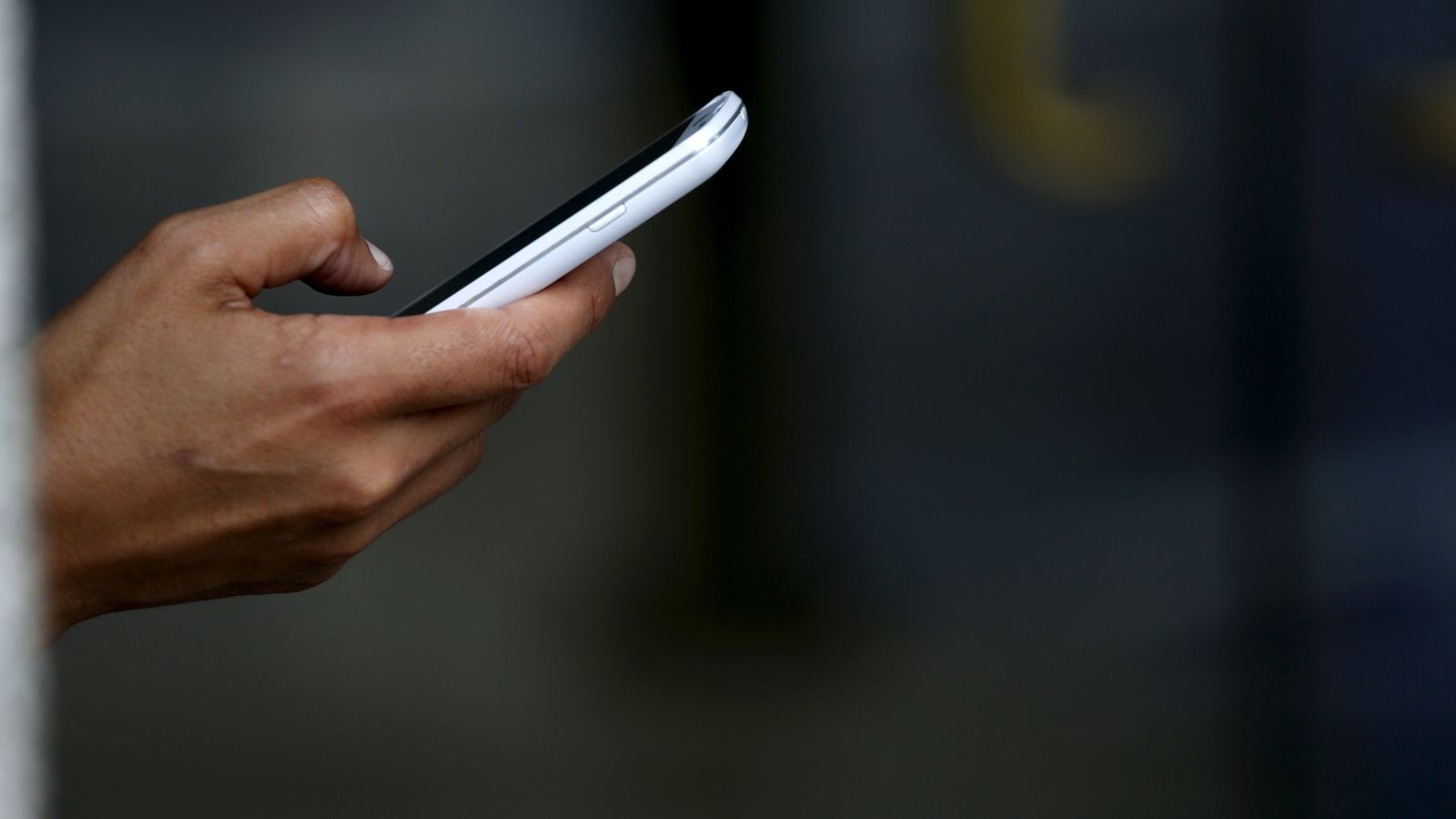This seems to cross the “don’t be evil” line, Google. Tracking people after the fact? Really?
When it comes to tracking the precise location of an Android user’s phone, Google appears to use every means available—including Bluetooth-based location information transmitted to the company when the user might think they have Bluetooth turned off entirely.
A Quartz investigation found that a user can turn Bluetooth off on their smartphone running Google’s Android software, and the phone will continue to use Bluetooth to collect location-related data and transmit that data to Google. It does this by sending Google, among other things, the unique identifier codes of Bluetooth broadcasting devices it encounters. Such devices, known as beacons, are often used in stores, museums, and other public places to help phones ascertain their locations within buildings. Alphabet-owned Google does the tracking in part so advertisers can target “more useful” digital ads to users, but Quartz discovered that the company taps into an array of signals that can yield an individual’s whereabouts even when the user thinks they’ve disabled such tracking.
